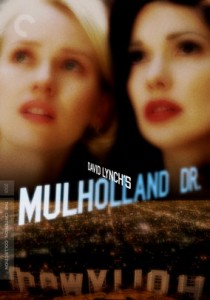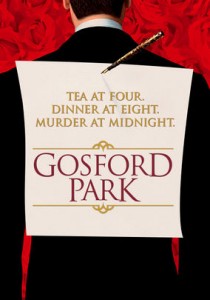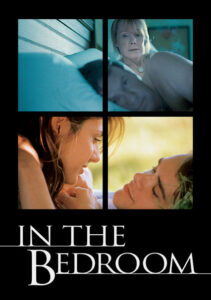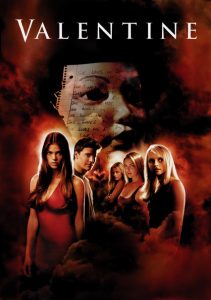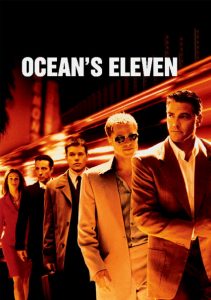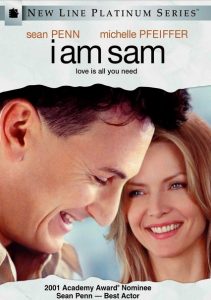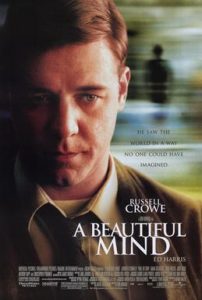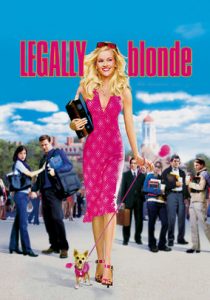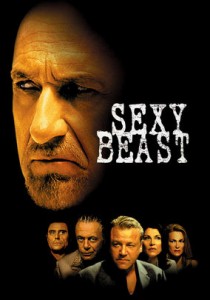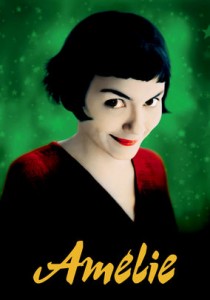Mulholland Dr.- 2001
Director David Lynch
Starring Naomi Watts, Laura Harring, Justin Theroux
Top 250 Films #7
Scott’s Review #297
Reviewed December 12, 2015
Grade: A
Mulholland Dr. (2001) is my favorite David Lynch film and, as far as I am concerned, a pure masterpiece in experimental filmmaking.
Championed by many, yet hated by others for its non-linear and confusing storyline, trying to make sense of the mishmash of dreamlike plots is a waste of time and undoubtedly headache-inducing, as the film must be experienced and appreciated for its creativity.
My best analogy is that Mulholland Dr. is to film what Pink Floyd is to music – it must be savored and experienced. It is a film that invites interpretation and study.
The main story, if one is attempting to summarize in a paragraph, goes something like this:
Part 1- aspiring actress Betty Elms (played by then-unknown Naomi Watts) arrives in sunny Los Angeles as a perky, clean-cut girl. She stays in her aunt’s gorgeous suburban apartment while she is away filming a movie on location.
Betty meets an amnesiac woman, the gorgeous Rita (Laura Harring), who is hiding in the apartment. Before meeting Betty, we learn that Rita was involved in a car accident on Mulholland Dr. and is carrying a large sum of cash.
Still, she does not know who she is or even her name, making up the name “Rita” from a poster of Rita Hayworth she sees on the wall while showering.
Part 2: Betty (now named Diane) and Rita (now Camilla) are lovers, and Betty, no longer aspiring, has now become a neurotic, struggling actress with no work, and is involved in a love triangle with Camilla and another man, who are both great successes and pity Diane.
Diane and Camilla visit a club named Club Silencio, where a gorgeous singer brings them to tears with her singing, only to collapse and reveal herself as a phony. The host warns that everything is an illusion.
Intersecting vignettes seemingly unrelated to the central part of the story- a young director forced to cast a woman after threats from the mafia, a terrified man who sees a demented man behind the dumpster of a burger joint, and a detective searching for the clues to the car accident involving Rita- all come together to relate to the main story.
Mixed in with all of these stories are recurring odd characters- the seemingly sweet elderly couple that Betty meets on the airplane.
This strange cowboy appears every so often. Coco, the landlord, played by legendary film actress Ann Miller, in her last film, Coco, then doubles as a shrewish character in the alternate story, and finally, a mysterious blue key.
How do all these facets of story and character add up?
That is open to interpretation.
Some details support the theory that “Betty” is a figment of Diane’s imagination. She dreams of being fresh-faced and ready to take on L.A., and the woman that Betty and Rita find dead is likely Diane.
When the plot changes direction, the cowboy utters the line “Hey, pretty girl. Time to wake up.”, which seems to support this theory, though, as mentioned before, Mulholland Dr. is meant to be enjoyed, not stressed over if the puzzle does not always come together.
Mulholland Dr. (2001) is a masterpiece, pure and simple. An odd masterpiece with plots that can be discussed and dissected for ages…..and not understanding the film is not a bad thing.
Oscar Nominations: Best Director-David Lynch
Independent Spirit Award Nominations: 1 win-Best Cinematography (won)
